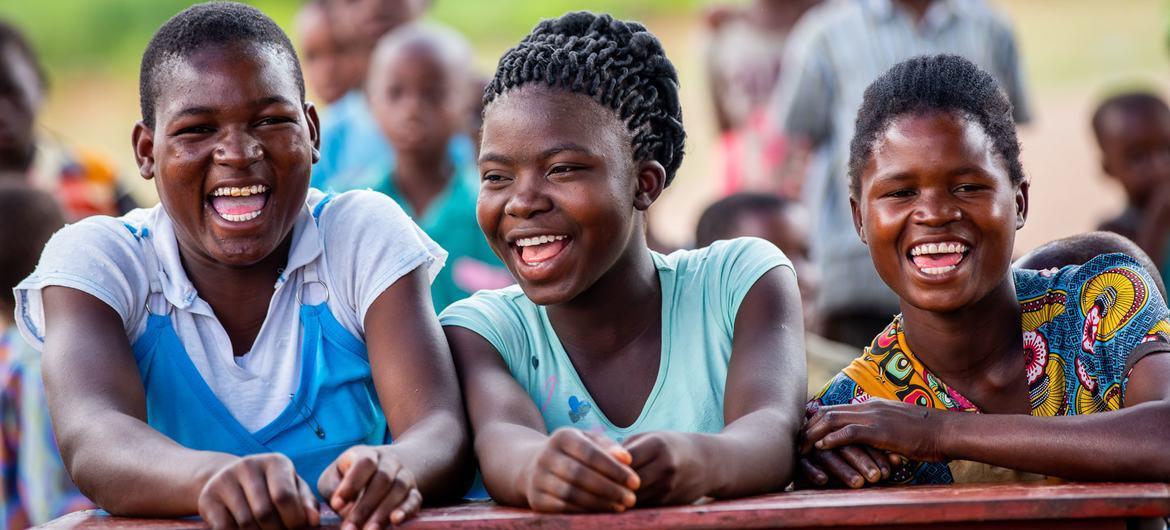By John Ssenkumba Nsimbe
Africa-Press – Uganda. If one wants to understand the progress and future direction of a country, the most revealing place to look is how it treats its children. They are the generation that will carry forward our civilisation and identity.
Yet when we examine Uganda’s education landscape today, we are confronted with troubling questions — about the state of our schools, the learners we send there, their teachers, and the role parents must play in shaping strong education outcomes.
Uganda officially provides universal primary and secondary education. In principle, no child should be denied learning because of poverty. In reality, many children remain out of school, and the number is rising. Dropout rates are high, and even those who complete school increasingly struggle to find meaningful employment. The value of education itself is being questioned.
Teachers regularly strike to demand better conditions. Meanwhile, the system is sharply divided: one stream for the wealthy, another for the poor. Many schools are now operated primarily as profit-making ventures, not centres of learning for the community. These concerns demand national introspection. Where did we lose our way, and how do we correct course?
Two years ago, the Pearl Foundation for Human Rights and Development Initiative (PFHRDI) made a deliberate decision: to stop merely observing these issues and begin acting. We launched an education sponsorship initiative to assist children from families unable to afford school dues.
Today, we support 500 learners. Yet this number is small when weighed against the overwhelming need.
One key lesson has emerged. When parents are relieved of school fees, many withdraw further from responsibility. Some stop buying essential supplies such as books, uniforms, and lunch. A number even refer to their children as “Pearl Children,” echoing attitudes seen when government introduced free education. It has become clear that financial support alone is insufficient. Changing parental attitudes and strengthening their sense of responsibility toward their children’s education is just as important as providing school fees. We must focus on sensitising families to value learning and play an active role in it.
Our recent survey in schools where PFHRDI sponsors children revealed serious structural deficiencies. Many schools have inadequate classrooms, sanitation facilities, water access, and food preparation spaces. Furniture is scarce, particularly in nursery sections. Some schools now charge between UGX 100,000 and 200,000 for “graduation” from Top Class to Primary One — a troubling trend that exploits parents.
Weak enforcement contributes to declining standards. Limited inspection capacity means many schools operate without licences or meet only basic requirements. Fire safety measures are often absent. In some cases, schools are built in flood-prone areas or without fencing, compromising learner safety.
School feeding is another concern. Some schools leave lunch to parental choice, yet many families fail to provide meals even though they manage do so when children are at home. This cannot be attributed entirely to poverty — attitude plays a role.
Urban schools face land constraints, operating without playgrounds and renting space elsewhere. Play is not a luxury; it is fundamental to childhood development. Lost early-years play opportunities cannot be recovered. Children with disabilities are also underserved, especially in private schools, where referrals to special-needs centres are rare.
Parental involvement remains weak. Mothers carry the burden of school engagement while many fathers rarely visit schools or know where their children study. This lack of responsibility raises questions about values and priorities in our homes.
The PFHRDI programme has encountered dilemmas that go beyond funding. How do we fairly select beneficiaries — based on need, promise, or age? For how long should support continue? Should vocational skilling take precedence for older learners to ensure early employability? How can we improve learning standards in partner schools, and is it possible to influence education outcomes beyond those we directly support?
These are not simply PFHRDI’s questions. They are national questions. Parents, teachers, policymakers, school owners, local leaders, and children themselves must be part of the solution. Uganda’s education system requires renewed honesty, shared commitment, and practical collaboration. Sponsorship programmes help, but they cannot replace parental responsibility, strong public policy, or community engagement.
The future of our country rests not only in sending children to school, but in ensuring those schools are places where they can learn, grow, and ultimately thrive. For that, each of us has work to do.
John Ssenkumba Nsimbe is Member, Board of Trustees, Pearl Foundation for Human Rights and Development Initiative (PFHRDI), Maganjo
Source: Nilepost News
For More News And Analysis About Uganda Follow Africa-Press






